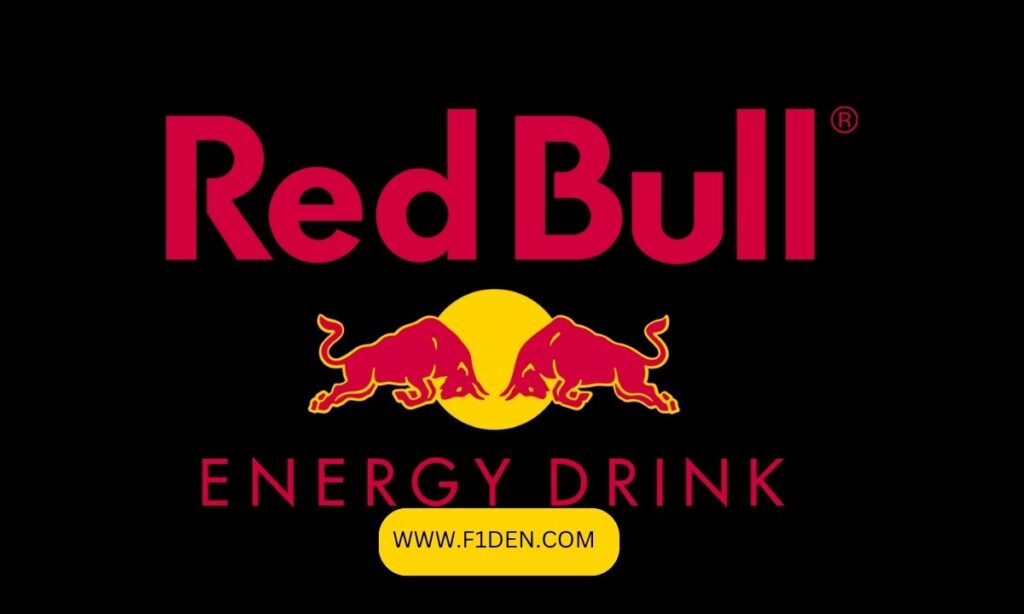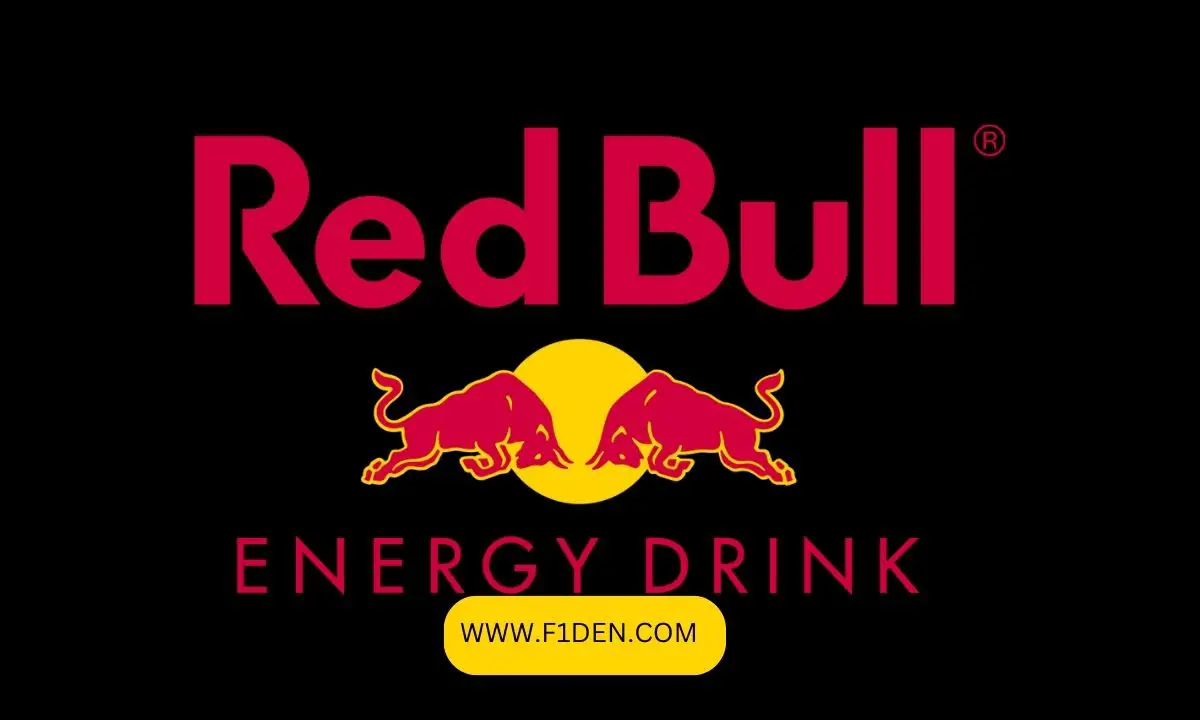Personifying an unexpected turn of events, a common man took on an international conglomerate in court. The issue at hand – Red Bull’s iconic slogan, “Red Bull gives you wings.” A guy sues Red Bull for false advertising, resulting in an unprecedented $13 million settlement. Let’s dissect this intriguing incident further.
The Allegations and Red Bull’s Response
Benjamin Careathers, the plaintiff, claimed that Red Bull crossed the boundaries of creative exaggeration and landed squarely in the domain of deception. He argued that the advertised energy benefits do not find support in scientific evidence. Rather than denying these accusations outright, Red Bull agreed to a significant settlement.

Red Bull emphasized that the settlement was a strategic move to avoid disruption and expense associated with drawn-out legal battles. The company denied fraudulent behaviour and defended its marketing and labelling practices.
Implications of Advertising and Consumer Perceptions
This lawsuit highlights a crucial discussion about advertising’s influence on consumer perceptions. Understanding that the guy who sued Red Bull took extreme, legal action over the company’s imaginative slogan should give companies pause over their marketing language. It begs the question: Where should one draw the line between engaging in exaggeration and misleading deception in advertising?
The Motivation Behind the Lawsuit
Suspicion hovers over the intentions that motivated Careathers in bringing about this lawsuit. Is it product dissatisfaction? Was it a stint for attention? Or perhaps a combination of both? Regardless, this case has made its mark by challenging the credibility of Red Bull‘s marketing practices based on their bold claims versus the actual product’s effect.
Precedent Set by the Settled Lawsuit
The legal battle ended with a high-cost settlement and a significant precedent. The large payout signals Red Bull’s tactic of deterring extended legal battles and, consequently, its strategic decision-making in a high-stakes situation like this guy’s lawsuit for false advertising.
A Cautionary Tale: A guy sues Red Bull for false advertising
This notable case provides a valuable lesson for companies leveraging their creativity for marketing. It underscores the importance of, and the fine line between, imaginative advertising and fraudulent claims. As this saga concludes, it’s pertinent for marketers and consumers alike to reckon with the enduring power and potential fallout of creative expression.
Frequently Asked Questions (FAQs)
What are the specifics of the false advertising lawsuit against Red Bull?
Benjamin Careathers, the plaintiff, sued Red Bull on the grounds of false advertising, accusing it of misleading claims regarding the energy benefits of its products, which he argued lacked scientific backing. The case focused on the company’s slogan, “Red Bull Gives You Wings.”
What was the outcome of the lawsuit?
Despite refuting the allegations, Red Bull decided to avoid extensive litigation costs by agreeing to a settlement, which amounted to $13 million.
How does this lawsuit impact consumer perceptions and advertising strategies?
The lawsuit underscores the impact of advertising on consumer perceptions and raises questions about the boundary between creative exaggeration and deception in marketing. It serves as a warning for companies to be cautious with their advertising strategies, especially when using imaginative slogans.
What may have motivated Careathers to pursue the lawsuit?
Though his motivations remain speculative, Careathers’ primary objective seems to have been challenging the credibility of Red Bull’s marketing strategies. It’s possible that product dissatisfaction, seeking attention, or a combination of both spurred the lawsuit.
What precedent does the Red Bull lawsuit set for similar cases in the future?
The lawsuit’s resolution, involving a substantial settlement, establishes a significant precedent that may deter similar claims in the future. The settlement also indicates Red Bull’s strategic approach to evade prolonged legal battles and their potential financial implications.
